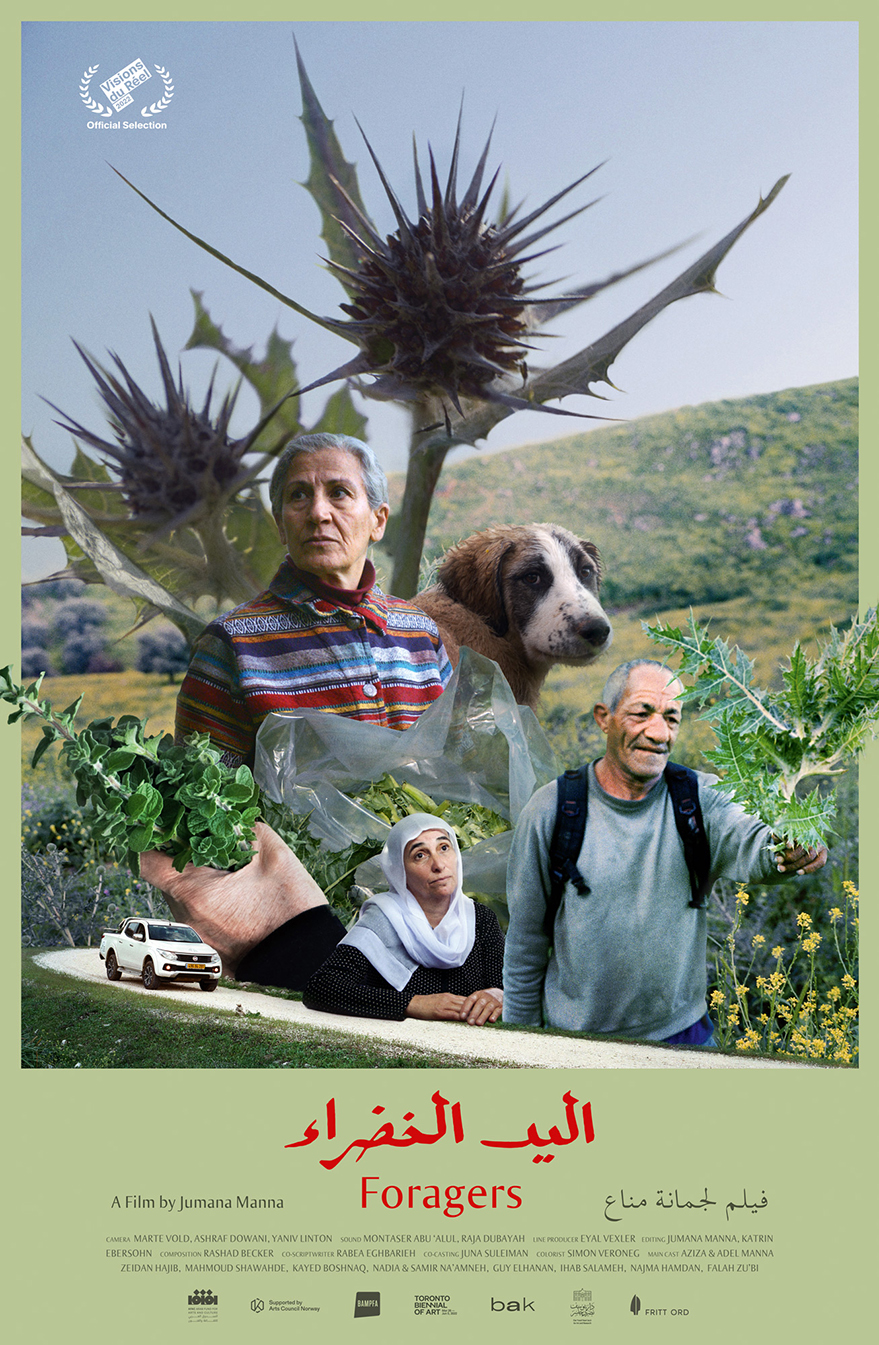
Foragers looks at the criminalisation of gathering Palestinian cooking herbs and vegetables on traditional Palestinian land by the Israeli state.
The problem for those who seek power is that we actually live in a world with an overflowing abundance capable of meeting our needs. That is why separation from the land is such a vital condition for creating scarcity. Colonialism relied on successive waves of dispossession, dependency, and deculturation. Removal from land, removal from self-sustenance, removal from culture.
As one of our most basic needs, food is at the heart of these struggles. In the Palestinian kitchen, za’atar bread is a staple. Folk could go out, pick some za’atar in the fields, and bring it home for cooking. Whenever people would gather together for a meal, there is the smell of za’atar.
Now much of Palestinian land has been appropriated and used as Israeli capital. The za’atar is cultivated for market production, and Palestinians must pay to buy back their own food from their own lands. It is another mechanism to put them at the mercy of Israeli power. It also has a disruptive cultural impact, as eating traditional food, whether at a family meal, social gatherings or community celebrations, must now also be an act of financial support to the Occupying state.
But it can be really hard to get people to buy your product if they can just go outside and pick it out the earth for free. So even after the dispossession of their lands, it becomes necessary to make it illegal to pick wild za’atar. How do you do this? By claiming it must be protected under conservation.
Now, this is a classic move. Despite the cuddly, irreproachably moral image of conservation here in the coloniser countries, conservation is and always has been a tool for the powerful to control access to land by the powerless. It is also super steeped in fascism and eugenics, in a big ole yikes! way.
In Foragers, it is almost laughably Orwellian, with enforcement officers chasing down people in fields teeming with za’atar to fine them for picking it. It is a ‘species under threat’, they say straight-faced, looking directly at Palestinians.
Under such circumstances, foraging and feeding oneself becomes an act of defiance. To insist on one’s right to food, right to life, to continue to maintain a sustaining relationship with the land, are acts of national rebellion. The foragers in the film find it to be a source of dignity, their own act of resistance.
Really interesting documentary, deftly handled, with use of constructed scenes allowing us to see this (by virtue of its nature) hidden practice.